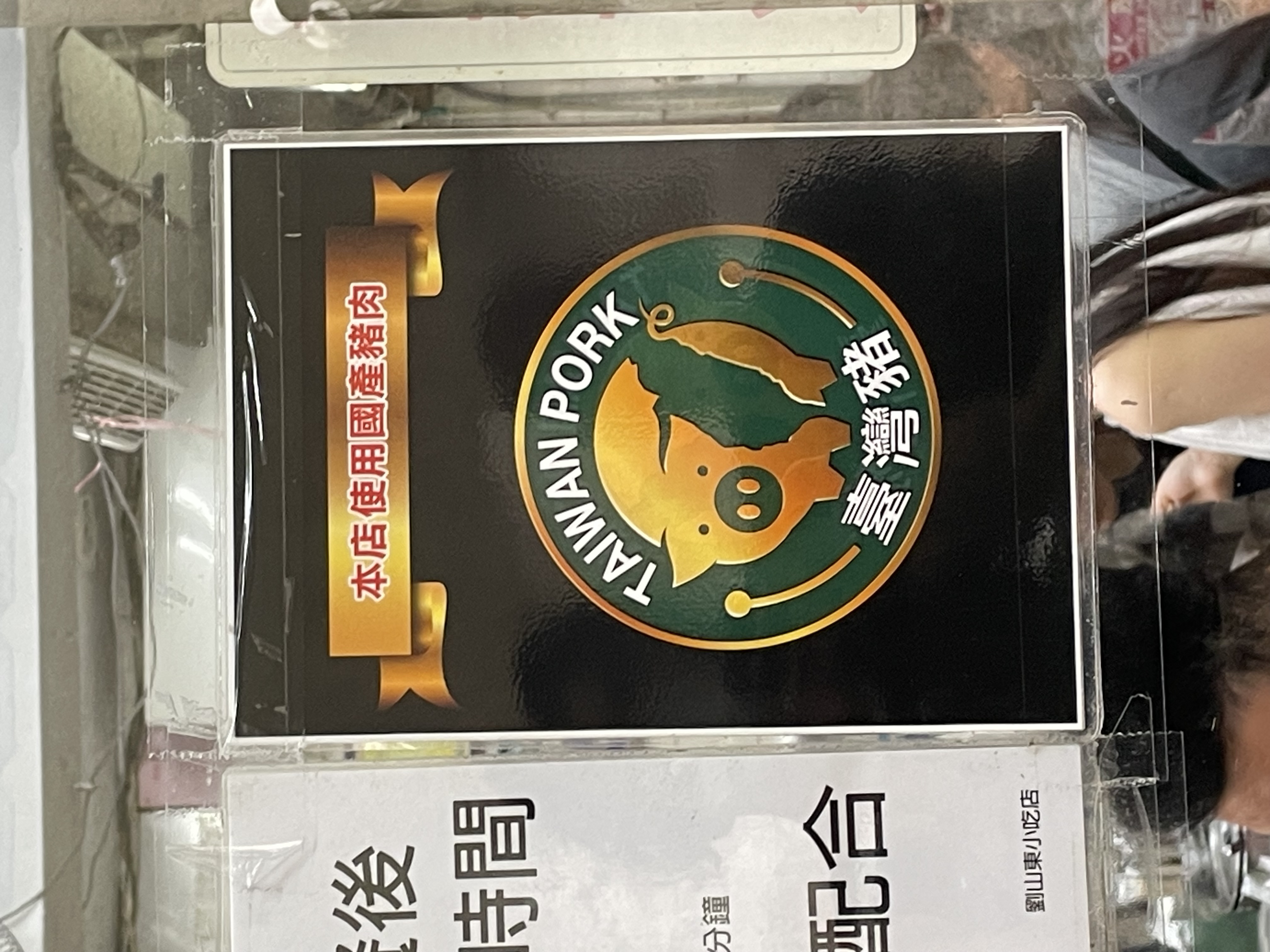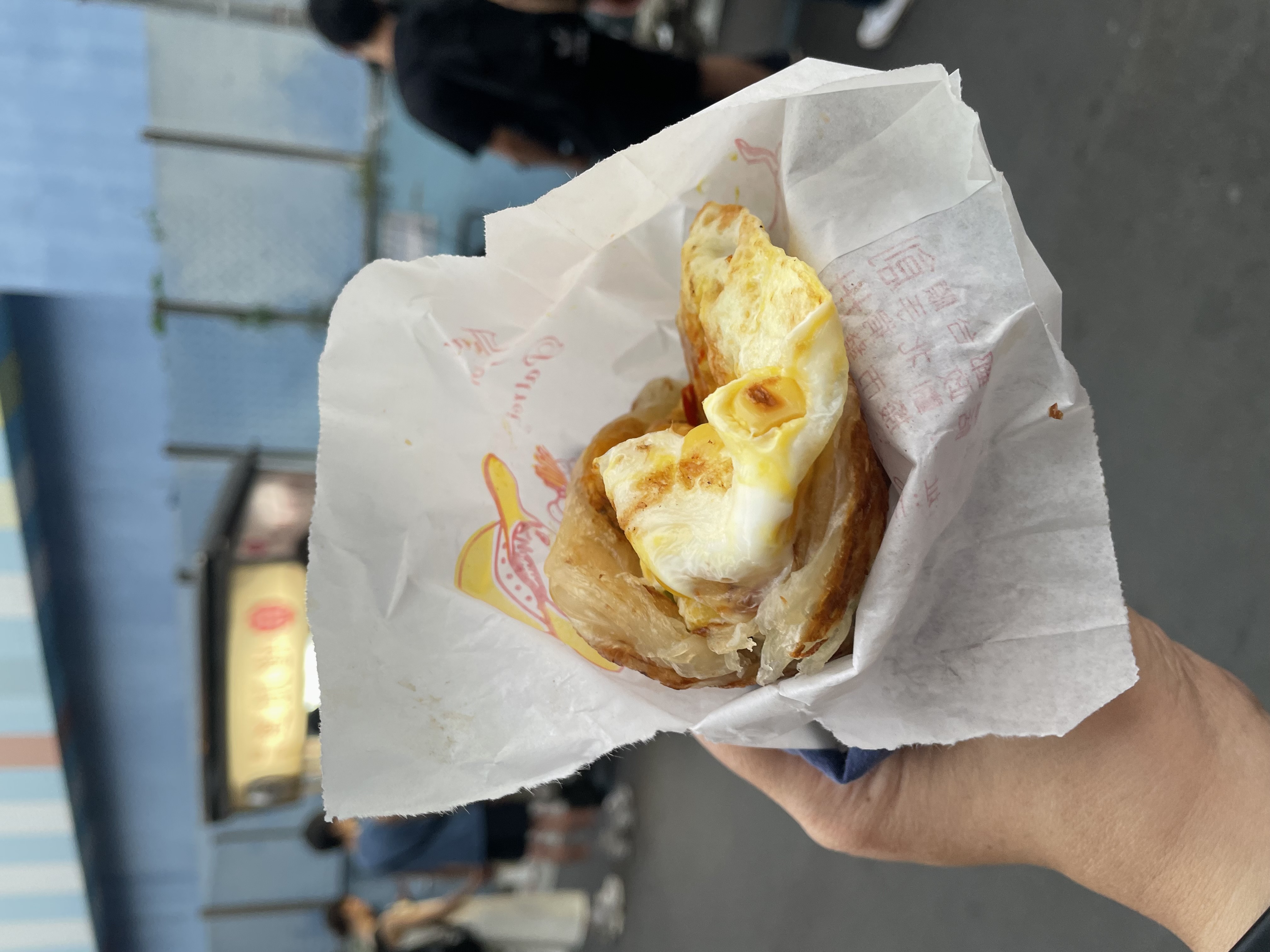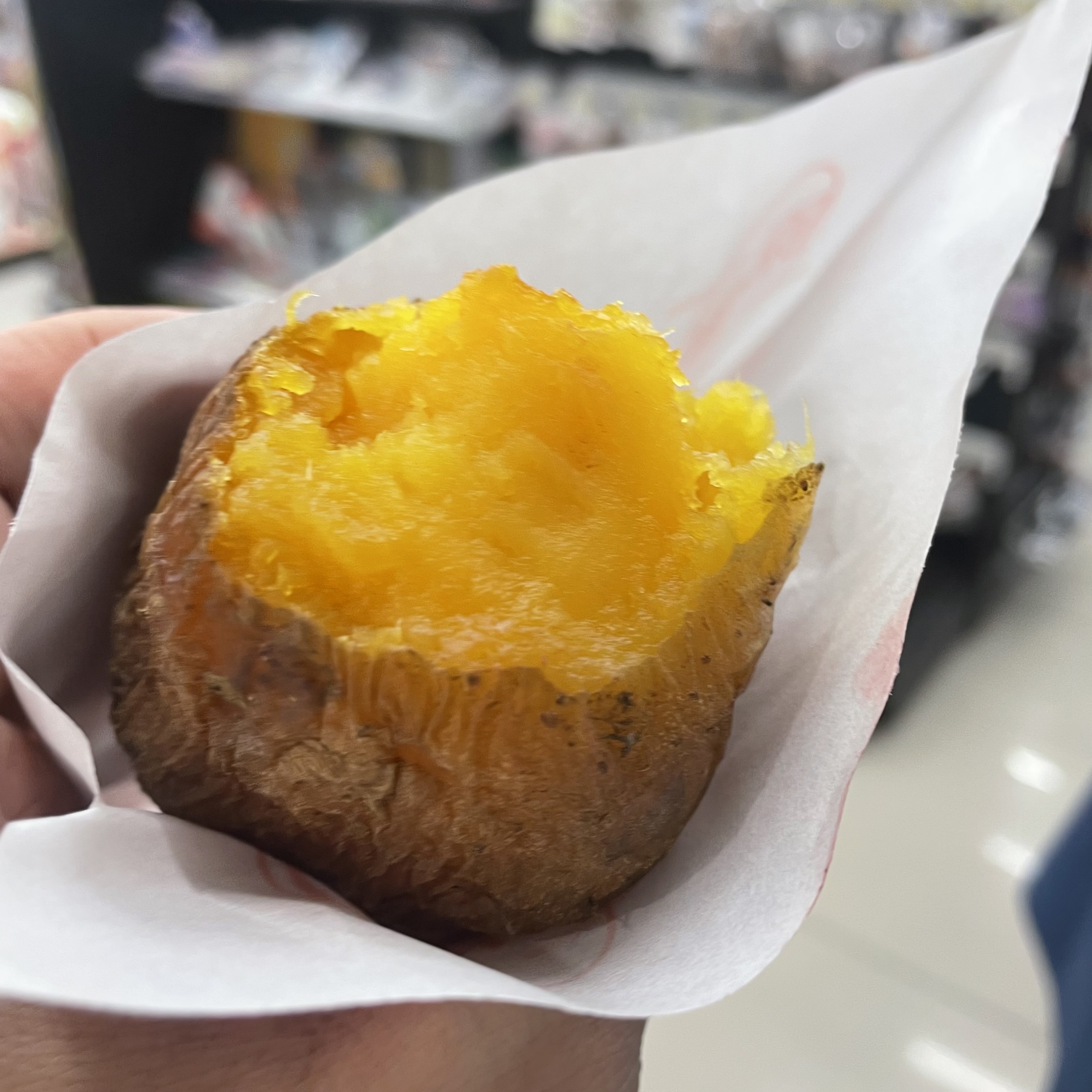By YVETTE TAN
I just returned from a trip to Taiwan. This was supposed to be a vacation, so I vowed not to think of work during my stay. Of course, this was impossible as I, as a human being, needed to eat, and of course, what we eat is grown, caught, or foraged by farmers and fishers.
Taiwan places a big importance in its agriculture industry. You can see this in signs hung on restaurants that proclaim that they use Taiwanese ingredients, such as the Taiwan pork sign I saw while lining up at a beef noodle restaurant.

We happened to stay in a hotel whose in-house restaurant served Chinese vegetarian dishes, which are very different from the Western vegetarian and vegan dishes that most people in the Philippines are used to. I personally think Chinese vegetarian dishes are superior, having had centuries to be perfected, and offer a variety of textures and flavors without the use of spices. The reason behind this is that Buddhism advocates the middle way, a philosophy which avoids extremes, and flavor enhancers such as garlic and onion are thought to inspire extreme emotions. The thing about this is one can see and taste how fresh the vegetables are, and they’re quite filling, too.
As an aside, in the Philippines, many Chinese temples serve Chinese vegetarian dishes, and there are some restaurants such as New Quan Yin Chay Vegetarian Food Garden and the restaurant in the Fo Guang Shan Mabuhay Temple (whose main temple is in Kaohsiung, Taiwan), both in Manila that specialize in these. I suggest you try them out.
Now back to the main topic: Taiwan has a vibrant street food scene, with some stalls that are Michelin starred or recommended. Like the beef noodle restaurant mentioned above, some stalls also display signs that show that their ingredients are grown in Taiwan.

The meals that I enjoyed the most, however, were in convenience stores, which sold roasted sweet potatoes. I don’t know what variety they use but the potatoes are so sweet, they taste like candy. They’re sold by weight, so the amount you pay depends on the size you get. I like to pair the sweet potatoes with milk (also produced in Taiwan) for a simple, delicious, nutritious snack that sometimes counts as a meal, since I’m too full to eat anything after.

I’ll have to confirm this but it seems that the food here is nutritionally dense as well, as we tended to eat less, despite moving more.
Taiwan places a huge emphasis on its agricultural research and development. It is also an agricultural tourist destination, with many flower farms that draw people looking to take that perfect shot for social media, or to just enjoy nature. We didn’t go to any of those, nor did we visit any farms. For me, just the act of eating alone was enough to experience the importance Taiwan places on growing food, and I think this is the way it should be. American Agriculturist Wendell Berry is quoted as saying that eating is an agricultural act. Anyone who puts food into their mouths has a stake in the welfare of farmers, fishers, scientists, and everyone who works in the agriculture industry. This trip to Taiwan, though meant for vacation, only drove home the importance of growing delicious, nutritionally dense food. Ask any chef or cook—the quality of ingredients plays a big part in the final outcome of a dish, and ask any nutritionist—the denser a food is in nutrients, the healthier it is for the eater, and will keep them full for longer, too.
I’m back now, but I still dream about the convenience store kamote. That I am obsessed with a roasted root vegetable is testament to how if something is done well, no matter how simple it is, it can capture one’s heart. I know it’s not the same, but I’m off to find kamote to boil. I wonder what variety they use in Taiwan, and if it’s possible to grow—or if it’s already grown—here.
Photos by Yvette Tan